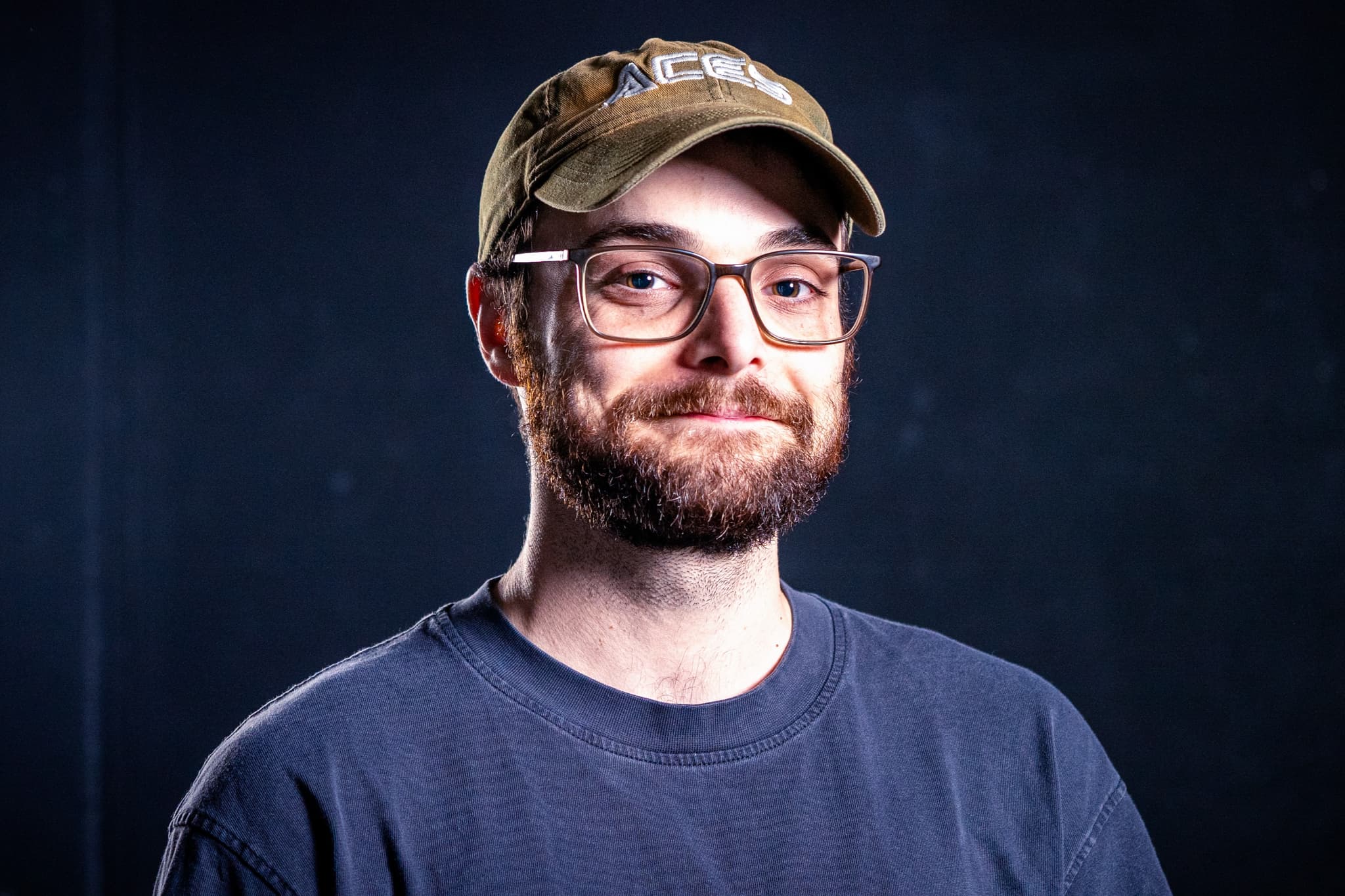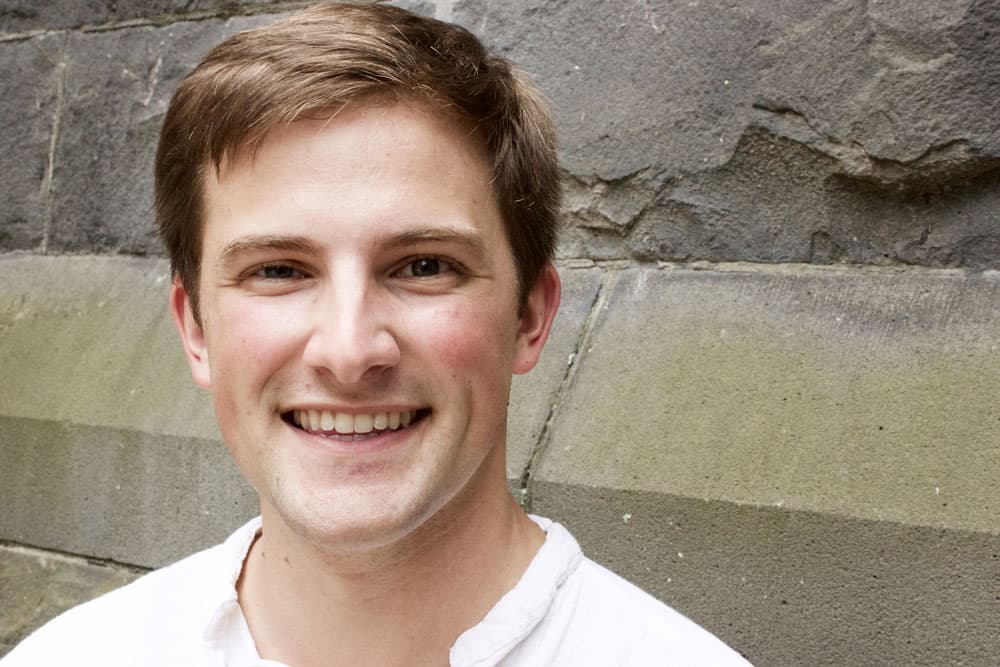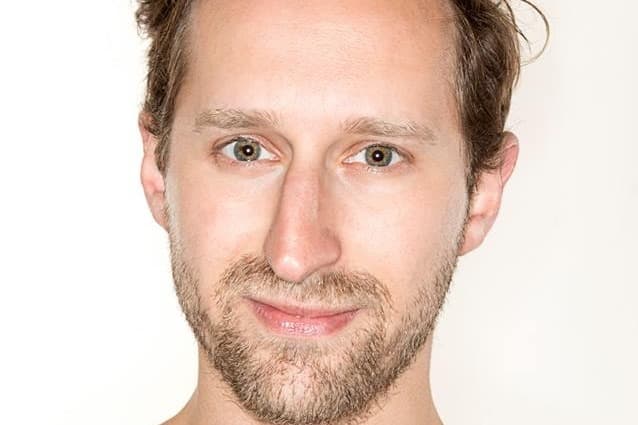Your inner critic is lying to you. You did it!
 You just did a show! You did it. You did the thing. You were there, with your team, in that moment making something that didn’t exist before. You really did it!
You just did a show! You did it. You did the thing. You were there, with your team, in that moment making something that didn’t exist before. You really did it!
I'd like you to allow yourself to get off stage happy with just the simple fact that you did a thing.
Was it great? Maybe, maybe not. Some people might think so, some might not. You might not. You might, but someone else in your team might not. You know what—who cares!? It’s ethereal and it’s gone now. "If it’s not easy, you're learning and that’s amazing” (Ward, J. 2017). A so-called "bad" show, whether it’s just you or the whole damn theatre who thought it was bad, is no reason to be sad! There will be another one. And another... and another. You’ll get better, and better and better.
I've had shows ruined by getting off stage and hearing someone on my team spitting fire at themselves, or worse, me, for the show being bad. Life is too damn short for that! I want to be great, I really do, I work at it every day, I obsess over improv all the time. I really give a shit about this art form. I truly find beauty in the process of improvisation: two humans interlocking and finding the show together in a moment is up there with my favourite things, ever. However, if I perform some real potent garbage, which I feel like I did as recently as last Saturday, I need to learn from it and I laugh at it. I learn nothing from hating myself for it.
Scott Williams, a master Meisner teacher from the UK put it to me like this:
- Your inner critic is the loudest voice in every room.
- Your inner critic lies to you.
- You believe it.
- You can’t work while it’s talking to you.
(Williams, S 2016)


 So you finally did it; you faced your fears and booked an improv class. Good on you, honestly! Most people mull it over, then let their comfort zone win, so they never know what its like to have fun with their fear, and find joy in what scares them.
So you finally did it; you faced your fears and booked an improv class. Good on you, honestly! Most people mull it over, then let their comfort zone win, so they never know what its like to have fun with their fear, and find joy in what scares them.
 I have always struggled with being incredibly uncool as a person. What do I mean by this? As the definition of uncool is "not fashionable or impressive", here are some examples of how I have been both exceptionally unfashionable and unimpressive:
I have always struggled with being incredibly uncool as a person. What do I mean by this? As the definition of uncool is "not fashionable or impressive", here are some examples of how I have been both exceptionally unfashionable and unimpressive:
 Every time I come across an artist that I like, I go through the same basic three-step emotional process:
Every time I come across an artist that I like, I go through the same basic three-step emotional process:
 If you’ve taken an introductory improv class, odds are you’ve done some form of emotional expression exercise. If you’re like me, this generates two responses over time:
If you’ve taken an introductory improv class, odds are you’ve done some form of emotional expression exercise. If you’re like me, this generates two responses over time:
 Lots of people ask me why I do improv. They’re probably just making conversation, but given this one-time hobby now takes up so much of my life, I take the question seriously. Up until recently I really did wonder if it was impacting how I behave in ‘real life’. I could see I was getting better at improv, but were there any useful side effects?
Lots of people ask me why I do improv. They’re probably just making conversation, but given this one-time hobby now takes up so much of my life, I take the question seriously. Up until recently I really did wonder if it was impacting how I behave in ‘real life’. I could see I was getting better at improv, but were there any useful side effects? 
 As an Australian improviser who’s just returned from the US, let me tell you, the improv scenes in the cities I went to (LA, Chicago & NYC) are terrifying. It really makes you realise how new and sheltered our community is when whole Harold teams at iO Chicago are regularly cut after only three months and hundreds of UCB improvisers are spending years auditioning repeatedly after they’ve finished classes in the hopes of finally making it onto a Harold team (if you haven’t seen
As an Australian improviser who’s just returned from the US, let me tell you, the improv scenes in the cities I went to (LA, Chicago & NYC) are terrifying. It really makes you realise how new and sheltered our community is when whole Harold teams at iO Chicago are regularly cut after only three months and hundreds of UCB improvisers are spending years auditioning repeatedly after they’ve finished classes in the hopes of finally making it onto a Harold team (if you haven’t seen
 In early improv classes we’re told that we’re all “artists, geniuses and poets” and that “improv is an art form”. It’s only been quite recently that I think I’ve actually started to understand this a bit more.
In early improv classes we’re told that we’re all “artists, geniuses and poets” and that “improv is an art form”. It’s only been quite recently that I think I’ve actually started to understand this a bit more.


